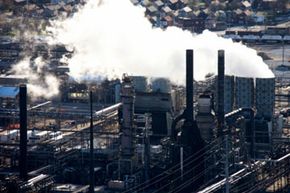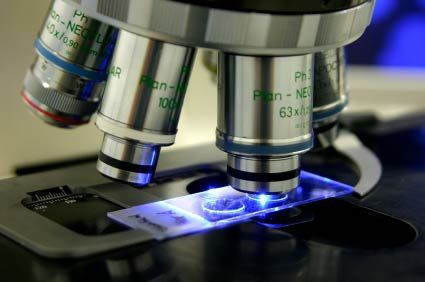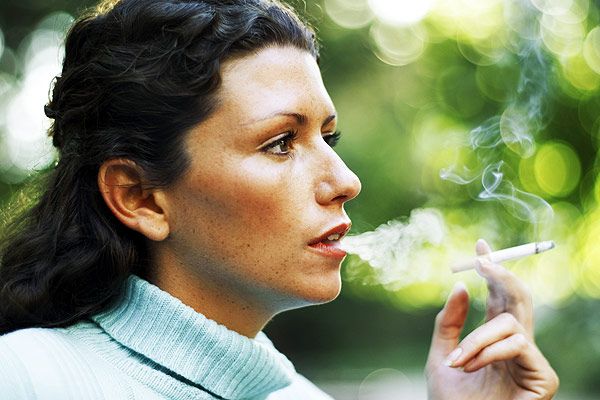By the end of 2010, an estimated 569,490 Americans will have died from cancer. That's more than 1,500 people every day, and 1 out of every 4 deaths in this country [source: American Cancer Society]. So what is giving cancer such a push?
Well, as it turns out, in addition to cancer being hereditary, external factors are at play. For example, about 171,000 of this year's cancer deaths are believed to be caused by tobacco use [source: American Cancer Society]. How is it that external factors like tobacco use can have such a heavy hand in our cancer rates? It all comes down to carcinogens -- cancer-causing agents, like pollutants in the air, ultraviolet (UV) rays and viruses. How and why do carcinogens give cancer the upper hand?
Advertisement
Carcinogens are typically any external causes of cancer, excluding those without a hereditary link. However, for the purpose of this article, we're referring to the following categories of carcinogens from the World Health Organization (WHO):
- Biological (e.g., types of bacteria)
- Chemical (e.g., chemicals in tobacco smoke and asbestos)
- Physical (e.g., UV radiation)
[source: World Health Organization]
Exposures to these "agents of evil" can cause some wacky changes to our cells that lead to cancer. For example, some carcinogens can directly cause genetic mutations that foster abnormal cell growth and tumors. Others don't attack our genes directly, but trick our cells into cell division overdrive. That excess division then leads to potential genetic mutations down the road [source: American Cancer Society].
Does this mean that any exposure to a known carcinogen will cause you to develop cancer? The candid answer is, "It depends." For one, our genes are under continual attack by genetic mutations, but our DNA usually does a stellar job of repairing itself. That said, though, that "repairman" skill isn't equal among all of us. Some of us do a better job of repairing our genes than others, which means that some people are more naturally susceptible to the negative effects of a carcinogen. Furthermore, a carcinogen's link to cancer can depend on:
- Age and gender
- Potency: Some carcinogens require pretty heavy exposure to be dangerous, while others are linked to cancer with just a brief exposure.
- Exposure type: For example, were you exposed to a carcinogen one time or continually over a period of years?
[source: National Cancer Institute]
If all of these factors have a role in just how much a carcinogen is linked to cancer, you may be wondering how you can determine what to look out for in your daily life. Or maybe you just want to know what known carcinogens even exist and how we find out about their danger. Advance to the next page to learn how we determine which substances to keep at arm's length.
Advertisement


